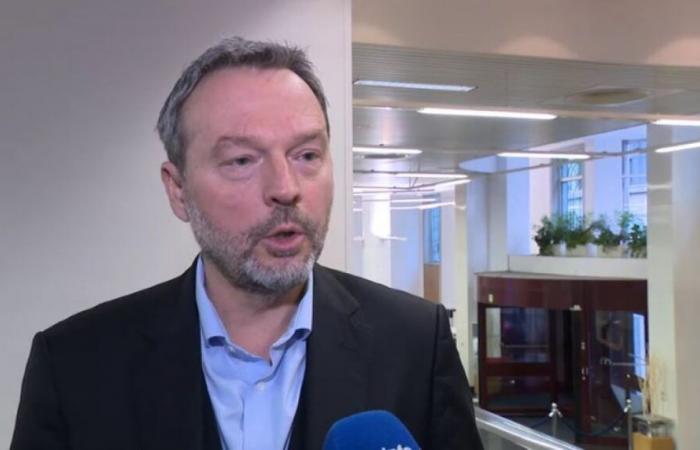The National Bank of Belgium (BNB) today presents its economic forecasts. What should Belgians expect economically? How, in particular, will our income evolve in 2025?
According to economists’ forecasts, the Belgian economy will continue to grow at a moderate pace. We arrive at growth of 1% for 2024. It will reach 1.2% to 1.4% over the next three years.
Regarding our income – the purchasing power of Belgians – private consumption was rather high for 2024. But the National Bank of Belgium (BNB) does not foresee an increase in salaries, in addition to indexation, over the next three years.
“We are a little behind in the indexation of wages and we have still had growth in employment in recent years. So we have a favorable development in the purchasing power of households. We also expect that households slightly reduce their savings rate And so that should boost household consumption So not in exceptional proportions, but enough to ultimately achieve honorable growth in the economy as a whole.explains Pierre Wunsch, governor of the National Bank of Belgium.
A comparison with Germany, the Netherlands and France shows that salaries in Belgium are still increasing faster than in our neighboring countries. This increase is even 1% higher than previous BNB projections. This larger salary gap is mainly explained by the Belgian automatic indexation system.
This indexation is notably due to rising inflation. This increased to 4.3% in 2024, mainly due to higher food inflation (mainly due to tobacco) and a rise in energy prices.
The National Bank also points to the higher cost of service vouchers, especially in Flanders. “A fifth of the salary cost higher than expected is the consequence of these more expensive service vouchers. Even if they individually cost only one euro more, this represents an increase of more than 10%”explained Geert Langenus, chief economist at the National Bank.
Thus, with indexation and the rise in wage costs, the wage gap with neighboring countries widens a little further and takes longer to close. It should still not be by 2027, estimates the BNB.
However, it is provided in the law that this salary gap must be eliminated. “This means that there should be no room for conventional salary increases.”beyond indexation, over the next three years, declares the governor of the BNB.
The latter specifies, however, that it is not the BNB which defines what salaries will be in the future. These are negotiated between unions and employers, based on figures from the Central Economic Council.
BNB Belgian national bank Belgian economy economic forecasts






